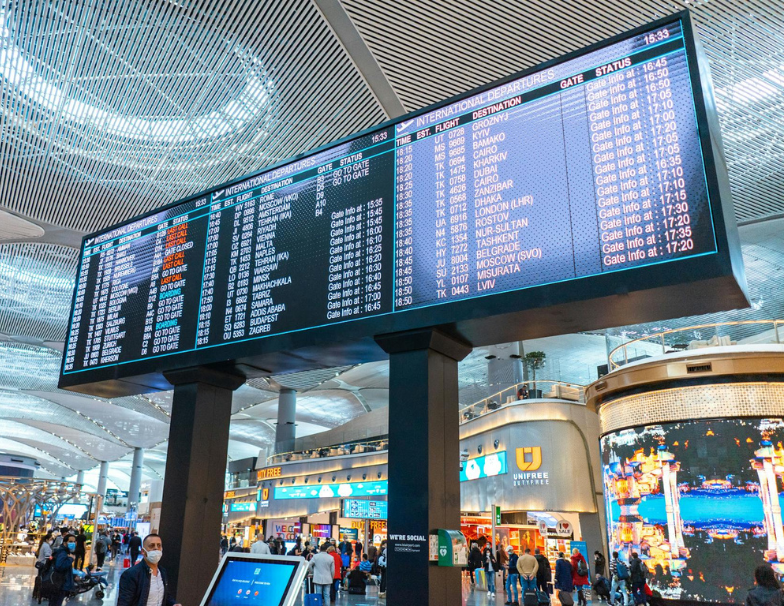Top Legal Guidelines for Safe and Compliant Offsite Events
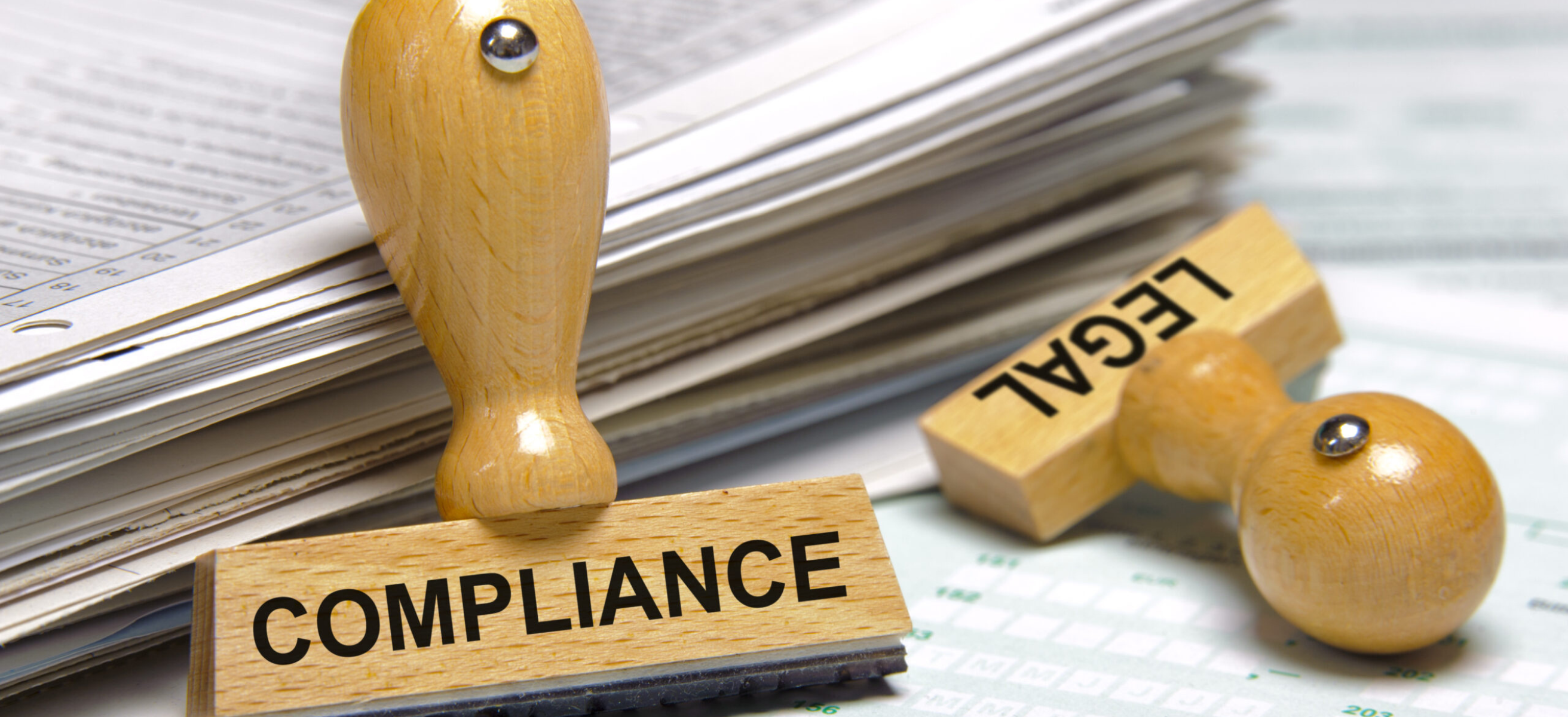
Ensuring your offsite event is legal and safe involves following key guidelines, including the legal guidelines for safe and compliant offsite events. This article covers the main legal requirements and best practices to help you meet compliance and protect your attendees.
Key Takeaways
- Event organizers must comprehend and comply with local, state, and federal laws to ensure safety and avoid legal liabilities.
- Securing appropriate event insurance, including general liability and liquor liability, is essential for protecting against unforeseen incidents.
- Effective communication strategies, including pre-event briefings and post-event debriefings, are crucial for maintaining safety and addressing any issues during events.
Understanding Legal Requirements for Offsite Events
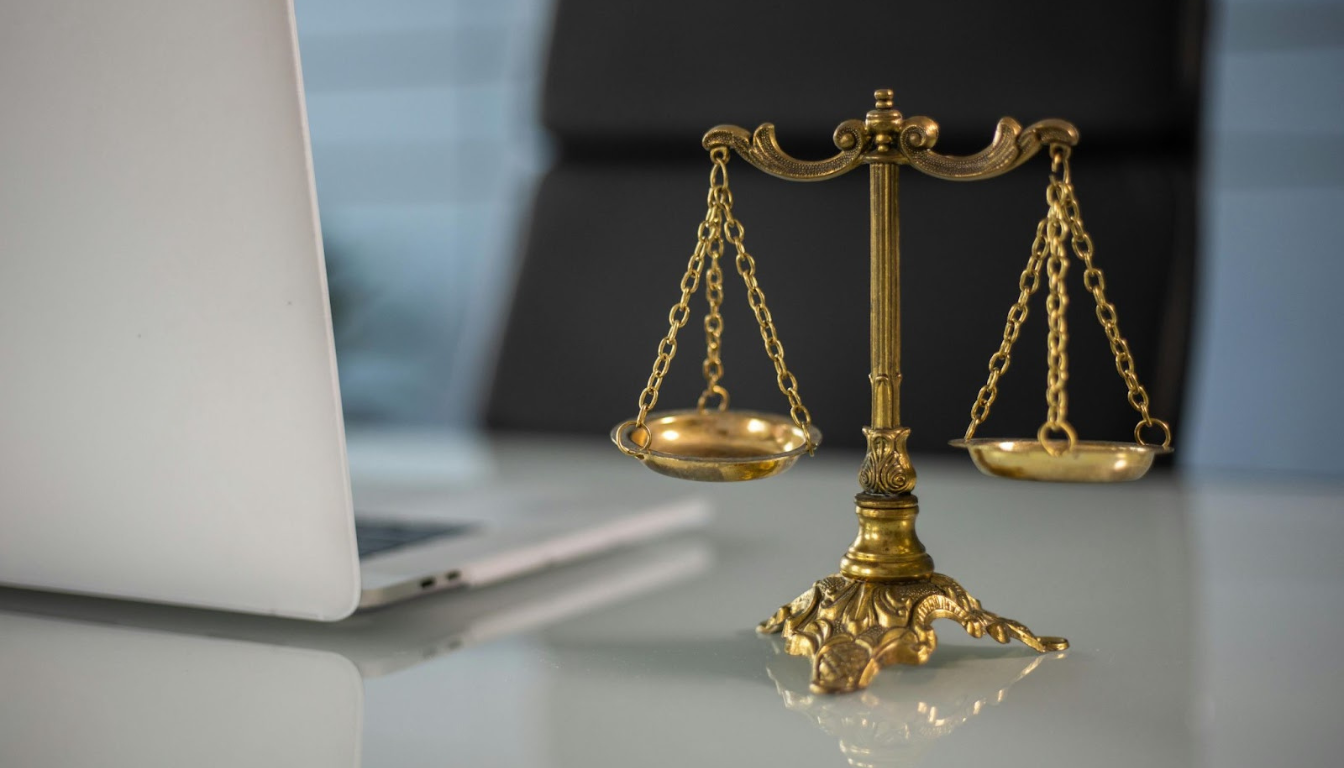
Grasping the legal requirements for offsite events is not just about ticking boxes; it is the cornerstone of event safety and success. Event organizers must be well-versed in local, state, and federal laws to ensure a secure environment and avoid legal liabilities. Non-compliance can lead to severe consequences, including hefty fines, venue access denials, and even legal repercussions. Therefore, implementing a robust security infrastructure is essential for smooth event operations and mitigating legal liabilities.
Understanding and adhering to these legal requirements is vital for effective event security planning. To ensure legal compliance allows event planners to create a safe environment for attendees and staff, preventing potential harm and preparing for emergencies. This foundational knowledge sets the stage for all other aspects of event planning, making it a non-negotiable part of the process.
Local, State, and Federal Laws
Adherence to local, state, and federal laws is paramount for any event planner aiming to avoid legal issues and ensure a secure environment. Obtaining the proper license for amplified sound or food service is necessary to comply with local regulations. In New York City, for example, events held in public parks require permits from the NYC Parks Department.
Event requirements include:
- Performance rights licenses are necessary for public music performances.
- Sales tax applies to food and drinks unless sold by a qualified nonprofit.
- Event signage must comply with local zoning laws to avoid violations.
Event organizers should stay updated with changes in regulations by subscribing to updates from the Federal Register. Non-compliance can lead to venue access denials and significant revenue loss.
Industry Standards and Best Practices
Following established industry standards and best practices helps maintain event safety and security. Organizations like the National Fire Protection Association and the Occupational Safety and Health Administration provide critical guidelines to ensure a safe environment for attendees. Understanding and following venue regulations is equally crucial to ensure compliance with safety standards and protocols.
Overall, adhering to these industry standards and venue regulations not only helps in compliance but also contributes to the overall success and security of the event industry.
Data Protection Regulations
Adhering to data protection laws is crucial for protecting attendee data and maintaining trust. Event planners must:
- Adhere to regulations such as the General Data Protection Regulation (GDPR) and the California Consumer Privacy Act (CCPA).
- Have a clear privacy policy.
- Implement secure data storage practices to safeguard attendee information.
Secure data storage practices are necessary to comply with data protection laws and protect attendee information. This not only ensures legal compliance but also builds trust and confidence among attendees, which is indispensable for the event’s success.
Event Insurance Essentials
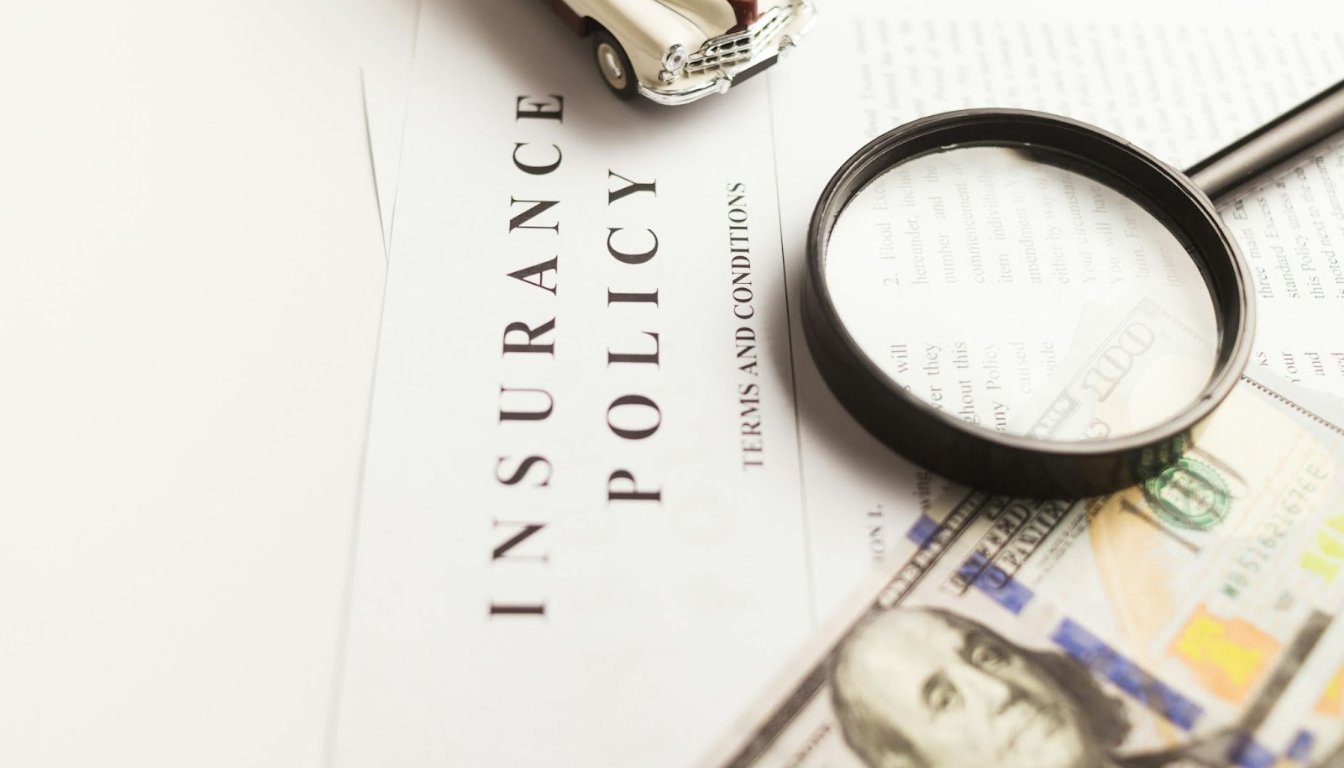
Event insurance is a critical component of event planning as it protects against various risks, including accidents, injuries, or property damage. Liability insurance is crucial for addressing unforeseen events. This includes coverage for property damage or injury claims. Failing to follow legal compliance for event security can lead to lawsuits, which can result in significant financial burdens and reputational damage.
Event planners should consider the following regarding insurance:
- Consult with an insurance broker if their event involves unique risks.
- Ensure vendors and contractors carry their own insurance to mitigate potential liabilities.
- Start the insurance process early to help avoid delays in insurance processing.
General Liability Insurance
General liability insurance is commonly required by venues before booking events. This type of insurance is essential for protecting event organizers from claims of property damage and bodily injury. It typically covers significant liabilities such as property damage, bodily injury claims, and legal costs.
Securing general liability insurance ensures compliance with venue policies and protects the organizer from potential financial losses.
Liquor Liability Insurance
If alcohol is being served at an event, liquor liability insurance is necessary. This insurance protects against potential claims related to alcohol consumption. This insurance protects against claims arising from alcohol-related incidents during events.
Event Cancellation Insurance
Event cancellation insurance provides financial protection against losses. It is beneficial in cases of unexpected cancellations or interruptions. This insurance coverage can reimburse costs associated with lost deposits if an event is unexpectedly canceled.
Conducting a Thorough Risk Assessment
A thorough risk assessment is the first step in ensuring legal compliance for events. Event organizers should:
- Identify hazards
- Collaborate with local authorities
- Hire security
- Set up first aid stations
It is crucial to assess risks based on severity and prioritize them as a key consideration to manage those risks effectively.
Larger crowds can significantly amplify potential risks, such as crowd surges, thus requiring careful planning for large scale events. Establishing clear communication channels among staff is essential for an effective emergency response during events. Using technology for real-time updates can manage crowd behavior during emergencies and direct attendees towards safety.
Identifying Potential Hazards
Potential hazards for high risk events can include:
- Crowd-related problems
- Access control issues
- Environmental factors
- Technological threats
Identifying these hazards early on is crucial for implementing appropriate safety measures.
Evaluating Security Risks
Safety and security are top priorities for all event planners, necessitating a thorough event security plan. Key elements include:
- Trained security personnel present to monitor the event
- Handling emergencies and ensuring the safety of all attendees
- Professional security companies providing comprehensive security coverage before, during, and after the event.
Enhanced access control measures, such as advanced ticket verification systems, are crucial for mitigating security risks at events. Visible security cameras can also act as a deterrent for troublemakers, thereby enhancing event safety.
Planning for Medical Emergencies
The availability of emergency services at offsites is crucial for attendee safety. They should be available on-site or nearby, and for larger events, having medical personnel on-site or a nearby medical station is suggested.
Developing a Comprehensive Event Safety Plan

A safety plan is essential for critical situations and may be legally required. A thorough event safety plan creates a safer event space. Organizations must have a comprehensive safety plan for managing safety at events, which involves ongoing assessment and refinement based on event-specific variables.
Hiring an event safety expert can help develop tailored plans customized for your specific event. A clear communication protocol can significantly improve safety during events.
Emergency Procedures
Clear procedures for urgent actions like fire, stage collapse, or bad weather must be included in the emergency planning event plan. Fire safety protocols should be integrated into the Emergency Action Plan for the event. This will help ensure preparedness in case of an emergency. Clear response plans are essential for effective management during emergencies.
All emergency procedures must be written in detail and shared with all event participants to ensure clarity. Clearly defined evacuation routes and emergency procedures are essential for effectively planning for medical emergencies at events.
Crowd Management Strategies
Crowd control measures are essential to ensure the safety of attendees during events. Staff should be prepared to observe trigger points regarding crowd movements to prevent surges. Coordination with local law enforcement enhances crowd control strategies and helps manage any potential disturbances.
Health and Safety Standards
Coordination with food vendors ensures compliance with health and safety standards during an event. Establishing clear communication channels and monitoring compliance can ensure that all health and safety standards are met.
Collaborating with Venue Managers and Local Authorities
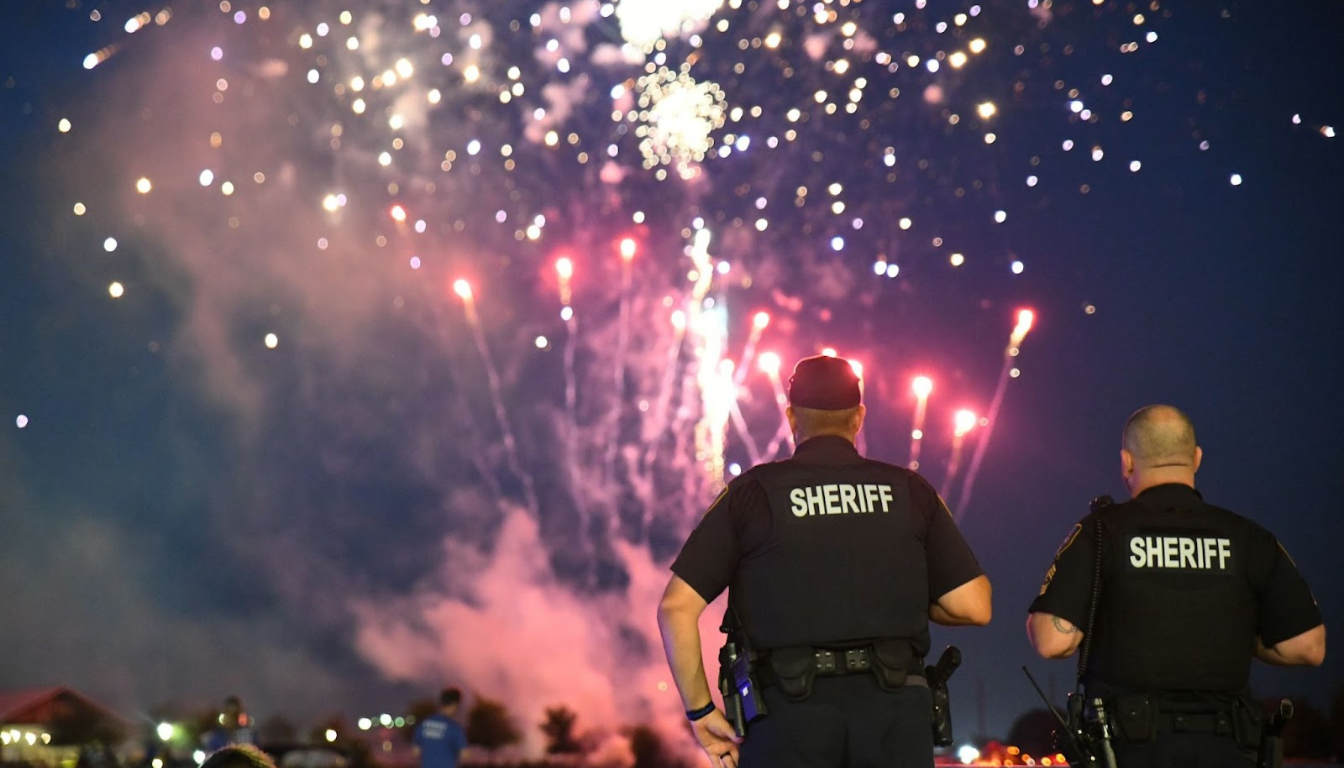
Collaboration with local authorities is essential for enhancing the overall event security plan, ensuring that all safety protocols are adhered to. Establishing clear policies and procedures for emergency response and crowd management improves safety and helps manage potential crises effectively.
A thorough risk assessment allows event organizers to predict potential security issues by analyzing factors such as:
- Event type
- Size
- Duration
- Location
- Risk assessments
Continuous communication among security teams, event organizers, and local authorities is vital for effective crowd management.
Reviewing Venue Regulations
Event planners should consider the following for ensuring safety:
- Align with the event venues’ security protocols and safety standards.
- Use a list of venues with adequate security measures to help ensure a safe environment.
- Have professional security for crowd control and overall event safety, especially for large gatherings.
Important venue regulations include compliance with capacity limits and fire safety regulations. It is crucial to verify the venue’s compliance with fire codes and ensure accessible exits.
Coordinating with Law Enforcement
Engaging local law enforcement early in the planning process is crucial for ensuring a coordinated approach to security at the event. Establishing a clear communication plan with local authorities helps to ensure that all parties understand their roles and responsibilities during the event.
A comprehensive security company plan with input from law enforcement agencies can significantly enhance safety measures and address potential risks.
Regular Monitoring and Review
Ongoing evaluation of security measures helps identify weaknesses and improve future event planning. Choosing the right trained personnel for the event safety planning team ensures flexibility and consistency in the plan.
Ensuring Accessibility and Inclusivity
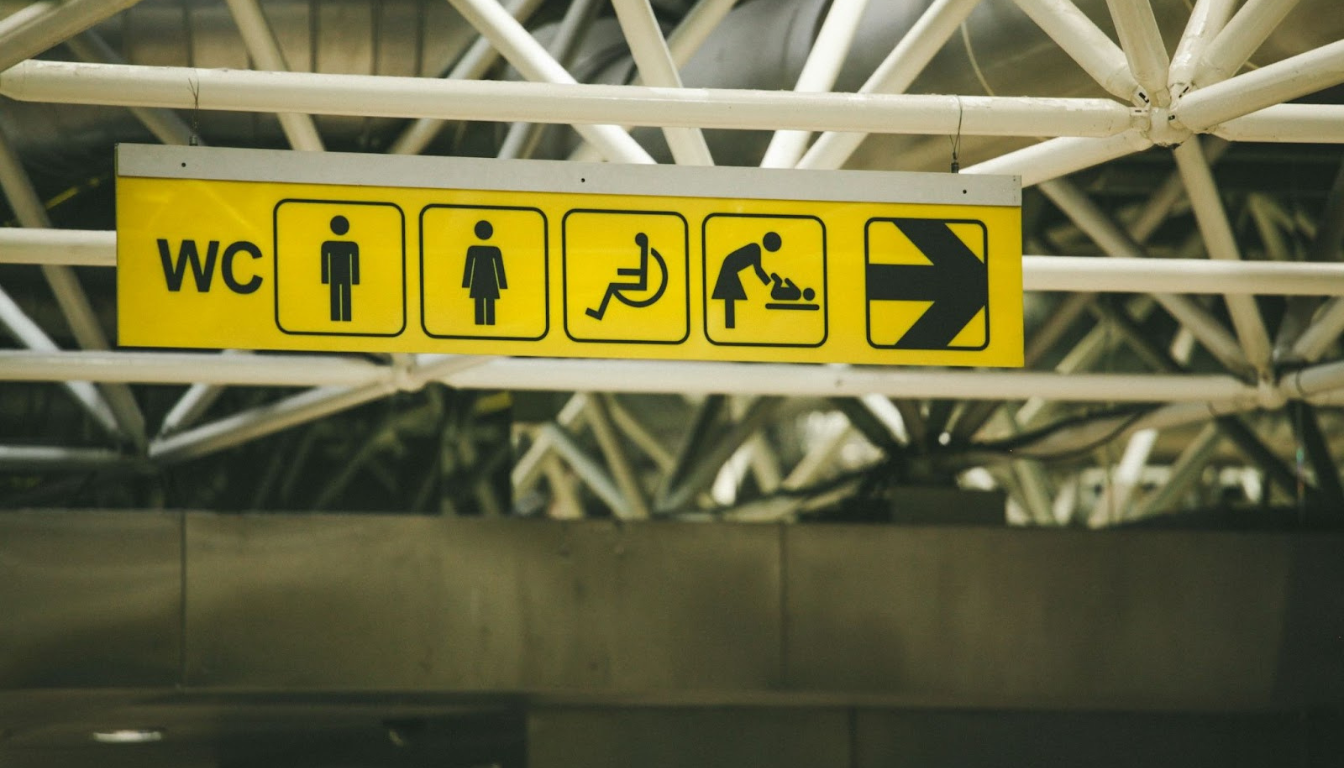
Accessibility and inclusivity are essential for successful events, allowing all attendees, including those with disabilities, to participate fully. Incorporating assistive technologies like hearing loops can enhance participation for those who are hard of hearing.
Compliance with Disabilities Act
Compliance with the Americans with Disabilities Act (ADA) is not just a legal requirement; it is a commitment to inclusivity. The ADA mandates that facilities be accessible for individuals with disabilities, which includes providing ramps, seating, and accessible restrooms. Event planners should include a message in invitations allowing attendees to request accommodations related to disabilities.
Event organizers may need to alter policies to comply with the ADA, ensuring service animals are allowed and accessible accommodations are made. An event organizer can take these steps to ensure that events are welcoming and inclusive to all attendees.
Inclusive Design Considerations
Inclusive design is key to accommodating all attendees, including those with disabilities. Events should feature accessible entrances, ramps, and clear pathways to facilitate movement for differently-abled attendees.
Clear signage throughout the event space is crucial for guiding all participants and enhancing their experience.
Effective Communication Strategies for Event Safety
Effective communication strategies are fundamental to ensuring event safety. Hosting training sessions for event staff ensures they are knowledgeable about safety protocols and who to report to. Training enhances staff’s responsiveness during emergencies, making it crucial for the overall safety plan.
A comprehensive emergency event plan should include:
- Specifying actions for different emergency scenarios
- Conducting regular drills to familiarize staff with emergency procedures and enhance response efficiency
- Continuous monitoring and review of security measures
- Post-event evaluations to improve safety strategies for future events
Pre-Event Briefings
Pre-event briefings ensure that all team members are informed and prepared to uphold safety standards during the event. Staff and volunteers should be thoroughly briefed on:
- Safety protocols
- Crowd control measures
- Health and safety standards
- Emergency evacuation plans
It is essential to inform staff and volunteers about emergency procedures, such as first aid protocols, evacuation routes, and reporting structures for emergencies. After the event, conducting debriefings will provide valuable insights into the safety measures implemented and help identify areas for improvement.
Real-Time Updates
Communication strategies are crucial for delivering real-time updates to attendees during offsite events. Pre-event briefings ensure that staff and volunteers are informed and can effectively relay important updates to attendees.
Regular monitoring and review during the event help identify any issues, allowing for timely updates to participants.
Post-Event Debriefings
Debriefings provide an opportunity to reflect on and assess the effectiveness of the event’s safety measures. Ensuring comprehensive event insurance and a thorough risk assessment can lead to a safer environment and better compliance outcomes. Effective communication strategies before, during, and after the event ensure that all stakeholders are informed and can address safety concerns promptly.
Post-event debriefings should focus on gathering feedback to identify areas for improvement to enhance future safety protocols.
Summary
Navigating the legal and safety requirements for offsite events can be complex, but it is essential for creating secure and compliant events. Understanding local, state, and federal laws, adhering to industry standards, and implementing robust data protection measures lay the groundwork for event safety. Event insurance, thorough risk assessments, and comprehensive safety plans further enhance the security of your event.
Collaboration with venue managers and local authorities, ensuring accessibility and inclusivity, and employing effective communication strategies round out a holistic approach to event safety. Partnering with specialized retreat-planning providers like Offsite can further streamline compliance, as they often vet venues for safety, verify insurance coverage, and coordinate risk management on your behalf. By prioritizing these elements, event planners can create memorable and secure events that meet all legal requirements and safety standards. Let’s strive to make every event not only successful but also safe and compliant.
FAQs
- Why is understanding legal requirements crucial for event planners?
Understanding legal requirements is essential for event planners to prevent legal issues and create a safe environment, as failure to comply can result in significant fines and legal consequences. Ensuring adherence to these regulations protects both the planner and the event's reputation.
- What types of insurance are essential for event safety?
For event safety, it's crucial to have general liability insurance, liquor liability insurance, and event cancellation insurance. These policies safeguard against accidents, injuries, property damage, and financial losses from unexpected event cancellations.
- How can event organizers ensure accessibility and inclusivity?
Event organizers can ensure accessibility and inclusivity by adhering to the Americans with Disabilities Act (ADA) and integrating inclusive design features, such as ramps and assistive technologies, to create an accommodating environment for all participants. This commitment not only enhances attendance but fosters a welcoming atmosphere for everyone.
- What are the key components of a comprehensive event safety plan?
A comprehensive event safety plan must include emergency procedures, crowd management strategies, health and safety standards, and continuous communication protocols. Tailoring these components to the event and ensuring ongoing assessment is crucial for effective safety management.
You may also like
Unique spaces for your next offsite
Find distinctive venues for your upcoming corporate retreat.
Stay Updated with Our Insights
Get exclusive content and valuable updates directly to you.


